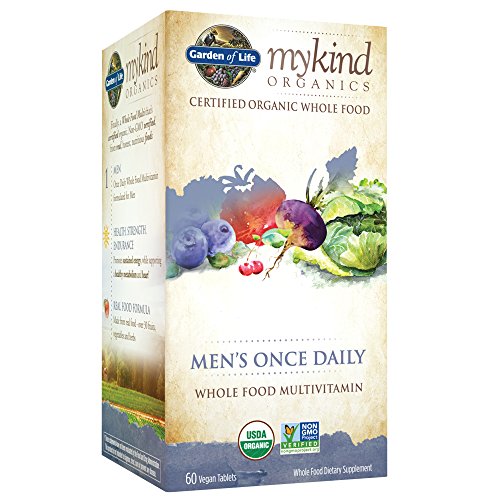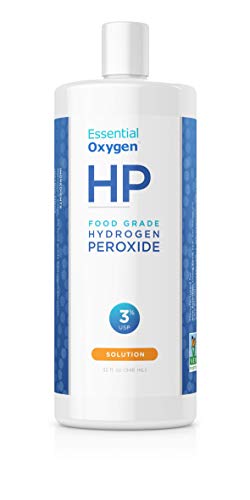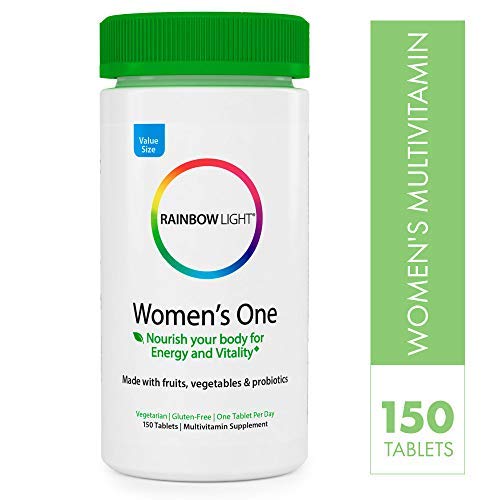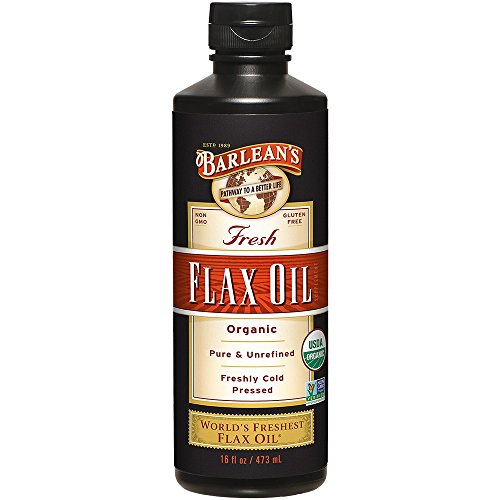
Best Vitamin K Linus Pauling
Nowadays, there are so many products of vitamin k linus pauling in the market and you are wondering to choose a best one.You have searched for vitamin k linus pauling in many merchants, compared about products prices & reviews before deciding to buy them.
You are in RIGHT PLACE.
Here are some of best sellings vitamin k linus pauling which we would like to recommend with high customer review ratings to guide you on quality & popularity of each items.
Dr. Gifford-jones Preferred Nutrition Medi-C Plus Vitamin C & L-lysine Formula Berry Flavour 600g
- FULL SPECTRUM COMPLEX: Provides both Vitamin K1 and two forms of Vitamin K2, Vitamin K2 MK4 (Menatetrenone-4) and Vitamin K2 MK7 (Menaquinone-7)
- HIGHEST QUALITY FORMULA: Best ingredients available. Manufactured at FDA cGMP Registered Facility.
- HIGHLY REGARDED AND RECOGNIZED: Our Products Have Been Consistently Recommended By The Foremost Nutritional Scientists Like Nobel Prize Winner, Dr. Linus Pauling
Bronson Vitamin K Triple Play (Vitamin K2/ Vitamin K2/ Vitamin K1)
- If you've never tried Japanese mustard greens before, the slightly peppery flavor and potential health benefits may surprise you and leave you wanting more.
- They're commonly called mizuna and are a member of the cruciferous vegetable family, which also includes kale, broccoli, cauliflower and Brussels sprouts.
- Eating mustard greens supplies you with a good source of vitamins A, C and K.
- According to the Linus Pauling Institute, eating them more often may reduce your risk of developing cancer.
A full spectrum complex providing multiple forms of vitamin K
Mizuna Asian Mustard 1500 Seeds #FSTM
- Culture:Sow from early spring through midsummer. In the South, greens are well adapted to fall plantings. For full-sized bunching, sow 15 seeds/ft., 1/4" deep in 2" wide bands in rows 18" apart. Most varieties do not require thinning. See catalog descriptions for varieties that do. Harvest before flowering. For baby leaf, sow a 2" to 4" wide band at 60 seeds/ft. Clip young leaves when 3-6" tall.
Vitamin K is essential for blood clotting and may help keep your bones strong as you age. If you take blood-thinning medications, talk with your health care provider about how much vitamin K is safe for you to eat. Vitamin C. Unlike the fat-soluble vitamins, water-soluble vitamins are not stored in your body and they must come from your diet daily. Vitamin C is one of these necessary nutrients, and one serving of Japanese mustard greens gives you 65 percent of the daily recommended intake. Your body needs vitamin C for the synthesis of certain neurotransmitters and collagen, a protein that strengthens connective tissues and helps wounds heal. Immune function and iron absorption are also enhanced by vitamin C. The vitamin is heat sensitive and degrades with cooking, so eat mustard greens raw to get the most benefit. Cancer PreventionAccording to the Linus Pauling Institute, Japanese mustard greens contain plant compounds called glucosinolates, which are precursors to isothiocyanates. These phytochemicals, also found in other cruciferous vegetables, may reduce your risk of developing cancer by blocking certain detrimental enzymes, according to an article published in the journal “Drug Metabolism Reviews” in 2000. The amount of isothiocyanates you absorb decreases if you cook the mustard greens, so eat them raw for the greatest cancer-protection benefit. GROWING INFORMATION CULTURE:Sow from early spring through midsummer. In the South, greens are well adapted to fall plantings. For full-sized bunching, sow 15 seeds/ft., 1/4″ deep in 2″ wide bands in rows 18″ apart. Most varieties do not require thinning. See catalog descriptions for varieties that do. Harvest before flowering. For baby leaf, sow a 2″ to 4″ wide band at 60 seeds/ft. Clip young leaves when 3-6″ tall
Mizuna Asian Mustard 1500 Seeds #FSTM
If you’ve never tried Japanese mustard greens before, the slightly peppery flavor and potential health benefits may surprise you and leave you wanting more. They’re commonly called mizuna and are a member of the cruciferous vegetable family, which also includes kale, broccoli, cauliflower and Brussels sprouts. Eating mustard greens supplies you with a good source of vitamins A, C and K. According to the Linus Pauling Institute, eating them more often may reduce your risk of developing cancer. Japanese mustard greens are rich in the fat-soluble vitamins A and K.One cup of raw greens gives you 33 percent of the recommended daily intake for vitamin A and 180 percent of the recommended daily intake of vitamin K. Your immune system, vision and reproductive system depend on vitamin A to work properly. According to the Office of Dietary Supplements, vitamin A may also prevent certain forms of cancer. Vitamin K is essential for blood clotting and may help keep your bones strong as you age. If you take blood-thinning medications, talk with your health care provider about how much vitamin K is safe for you to eat. Vitamin C. Unlike the fat-soluble vitamins, water-soluble vitamins are not stored in your body and they must come from your diet daily. Vitamin C is one of these necessary nutrients, and one serving of Japanese mustard greens gives you 65 percent of the daily recommended intake. Your body needs vitamin C for the synthesis of certain neurotransmitters and collagen, a protein that strengthens connective tissues and helps wounds heal. Immune function and iron absorption are also enhanced by vitamin C.












